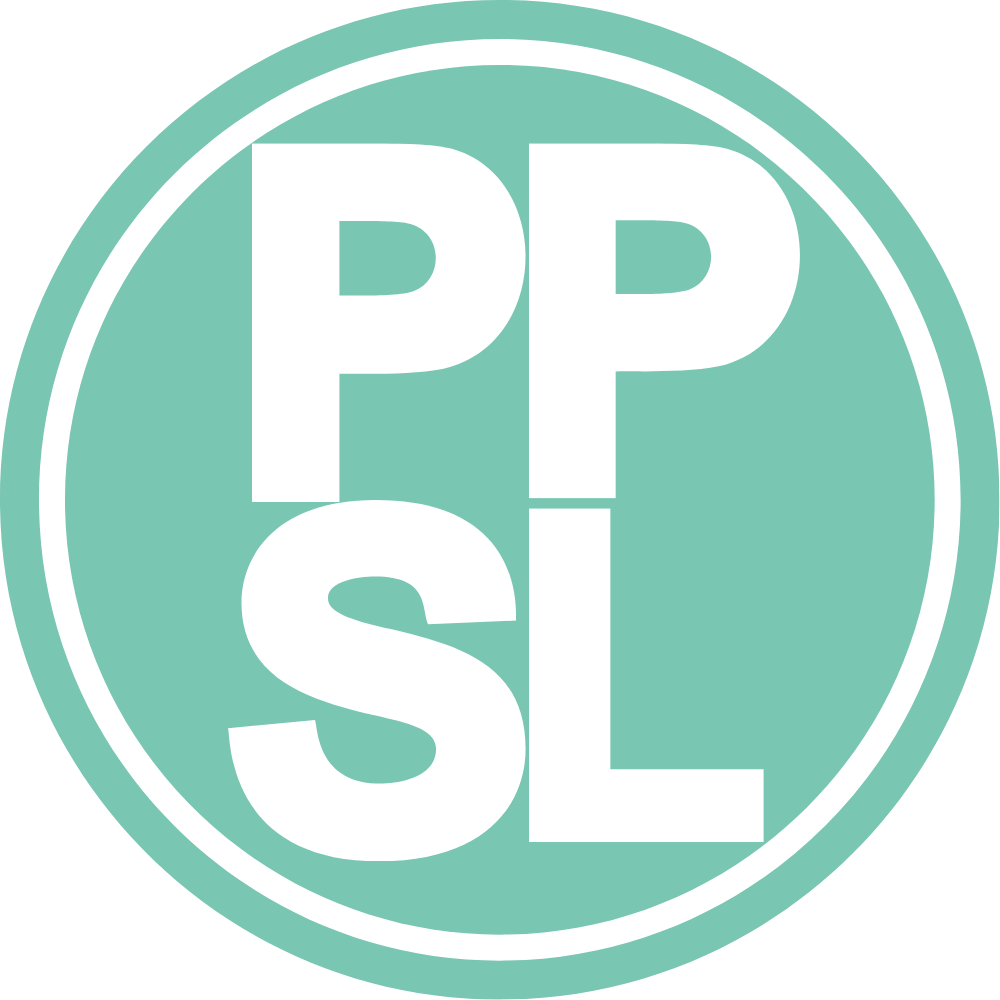Overturning the 2019 Borrower Defense Rule and What It Means for Borrowers | Blog
A rare bipartisan vote gives President Trump a chance to act in the interest of student borrowers.
On March 11, in a rare bipartisan vote, the Senate rebuked the U.S. Department of Education and Secretary Betsy DeVos by voting to strike the 2019 borrower defense rule, using the Congressional Review Act. The House of Representatives had already voted to overturn the 2019 borrower defense rule in January 2020.This encouraging show of bipartisan support in the House and the Senate shows just how devastating the 2019 borrower defense rule would be for future borrowers. Now, it is up to President Trump to put the interests of student borrowers ahead of the for-profit college industry by signing this bipartisan legislation.What does this vote mean for borrowers?If President Trump does not sign the bill, the 2019 rule will take effect on July 1, 2020. The 2019 rule has not yet taken effect. If he does sign the bill, this rejection of the 2019 rule would keep the current rules in place, not change the rules.If the President vetoes this legislation, future students, who have not yet realized they may be hurt by for-profit colleges’ fraudulent scheme, will have to contend with a new rule that makes it even harder to get relief from predatory student loan debt.When will we know if the bill will become law?The Borrower Defense Congressional Review Act resolution passed the House and Senate. The next step is for the President to sign it into law or veto it.How is this related to the legal challenge to the 2019 Borrower Defense Rule, NYLAG v. DeVos?In February 2020, the Project on Predatory Student Lending and Public Citizen filed a lawsuit on behalf of the New York Legal Assistance Group, an organization that advocates for students, seeking to set aside the 2019 borrower defense rule because it is not based on reasonable evidence and wasn’t created in accordance with legal rules.This bipartisan vote to overturn this rule validates these concerns. Moreover, the 2019 rule will pose an extreme hardship for borrowers and it is contrary to the purpose of borrower defense, which is to allow cheated borrowers to cancel fraudulent debt. Among other harmful changes, the 2019 rule:
- Eliminates conditions on the use of forced arbitration and class-action bans;
- Increases the hoops students must jump through to obtain relief when their schools close;
- Removes key disclosure requirements that inform students about their schools’ status;
- Imposes a narrow three-year statute of limitations for borrowers to raise claims;
- Eliminates the ability for borrowers to seek to have their claims decided as part of a group of similarly situated students; and
- Heightens the evidentiary standard to which borrowers’ claims would be held, including requiring students to offer proof of financial harm beyond that of the federal loan itself.
Click here to learn more about NYLAG v. DeVos.
